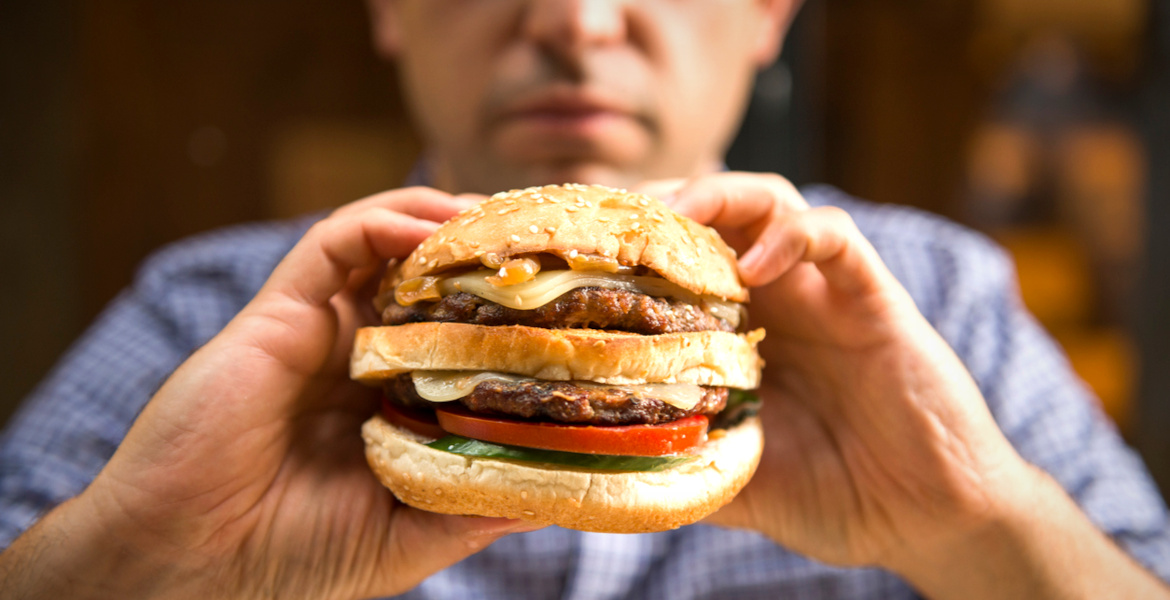Just three weeks of ultra-processed food is enough to worsen young men's sperm quality and testosterone levels, shows a new study from the University of Copenhagen. The men also gained weight compared to when they ate regular food – despite identical calorie intake.
Ultra-processed food is, in short, food that is industrially manufactured and contains a range of different ingredients, and is often a large part of especially Western diets today. Everything from bread, cereals, protein powder to candy, chips and ready meals can be classified as ultra-processed food. Previous studies have linked ultra-processed food to cardiovascular disease, depression, weight gain as well as nutritional deficiency.
Three weeks is enough
In the study, which was published in Cell Metabolism, 43 Danish men between 25 and 30 years old participated. First, the men ate only ultra-processed food for three weeks, then followed three weeks with minimally processed food. Both diets contained the same amount of carbohydrates, protein, fat and calories – the only difference was the degree of processing. Some of the men received a calorie intake adapted to their weight, while others received a surplus of about 500 calories. Between the two diets, the men had a 12-week break where they ate their usual diet.
The results show clear health deteriorations after the period with ultra-processed food, compared to when they ate less processed food. The men gained about one kilogram in body fat and their cardiovascular health deteriorated – regardless of which calorie intake they had. Additionally, the men had worse sperm quality and their testosterone levels dropped.
— We are shocked by the results, says one of the researchers behind the study, Romain Barrés, professor at the University of Copenhagen at the Novo Nordisk Foundation Center for Basic Metabolic Research to forskning.no and continues:
— It's really alarming to think about what happens if you eat such food year after year. The consequences can be serious and chronic.
The study supports previous research that points to ultra-processed food potentially being harmful to health, but also strengthens the hypothesis that this type of food contains calories that are more fat-forming compared to home-cooked food. The researchers now hope that the study will influence politicians when they make decisions about diet and health for Danes.
— These products, which harm our health, are everywhere in our supermarkets, says Barrés.




